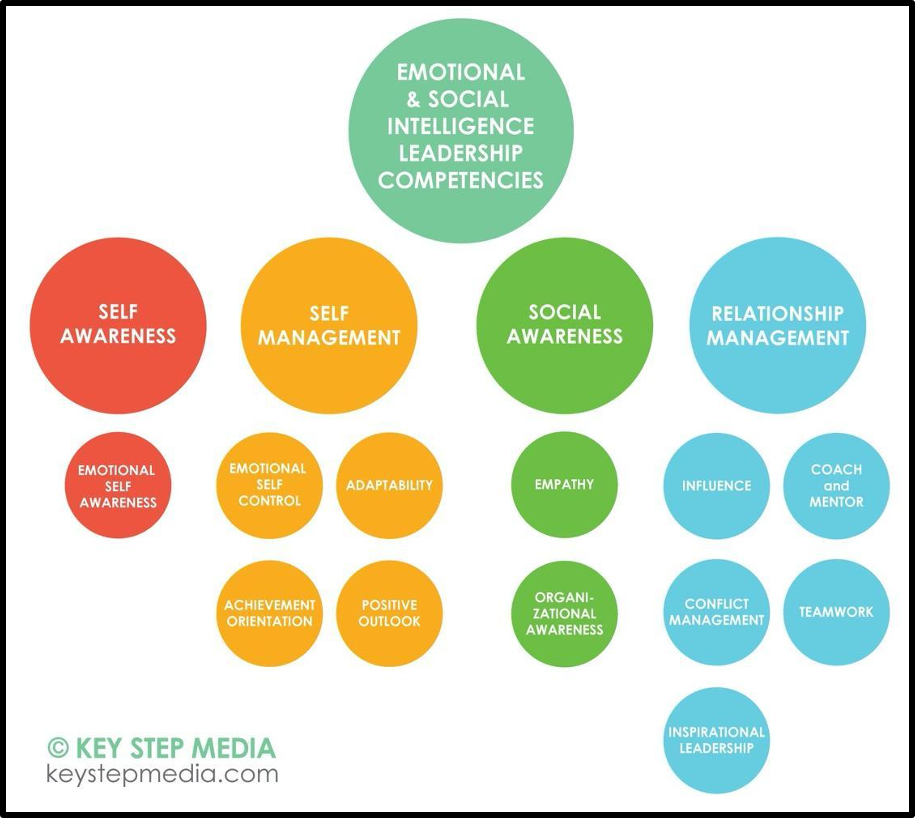Why Emotional Intelligence Should Matter to Your Organization
Carrier Relations | Agency Ownership | Business Advice | Logistics | Transportation | Best Practices | Agent Program | Freight Management | Shippers | Freight Broker | Logistics Careers
Emotional intelligence (EI) refers to the ability to recognize, understand and manage emotions. It’s not just about expressing and controlling emotions but also about interpreting and responding to how others are feeling. People who have strong EI can consider the perspectives, experiences, and emotions of other people.
 In a competitive and fast-paced industry like logistics, emotions can run hot. Like all sales roles, freight brokering is competitive and well-suited to driven self-starters. Can freight agents be more successful and less likely to experience burnout when they are able to control their emotions? Does an agent’s ability to empathize with carriers and shippers significantly impact a brokerage’s ability to grow?
In a competitive and fast-paced industry like logistics, emotions can run hot. Like all sales roles, freight brokering is competitive and well-suited to driven self-starters. Can freight agents be more successful and less likely to experience burnout when they are able to control their emotions? Does an agent’s ability to empathize with carriers and shippers significantly impact a brokerage’s ability to grow?
This post will explore the concept of EI, the role it plays in freight brokering, and why it’s essential to an organization’s success.
What Is Emotional Intelligence?
EI relies on the individual being able to look at their own emotions as well as reading the emotions of those they are interacting with. EI is made up of four key skills:
- Self-Awareness - being able to identify how you are feeling and why.
- Self-Management - actively choosing what you say and do and controlling your actions at any moment.
- Social Awareness - picking up on the emotions and feelings of those with whom you are interacting.
- Relationship Management - using the awareness of your emotions and other’s emotions to foster clear communication and better understanding.
The diagram below identifies the core competencies of EI.

How Emotional Intelligence Impacts an Organization’s Success
Many experts now believe that EI may be more important than Intelligence Quotient (IQ) in determining an individual’s overall success. In logistics, wires sometimes get crossed and outside factors can cause high-stress situations. Being able to read the emotions of the other parties and more importantly keep your emotions in check, can go a long way toward keeping all parties satisfied and engaged. No matter how smart or analytical you are, if you lose your cool you could damage an important work relationship.
Think of your co-workers or the people with whom you have close interpersonal relationships. Would it be helpful for them – or you – to have the characteristics shown in the graphic? Taking examples from the categories above, it’s easier and more fulfilling to communicate with someone who has a positive outlook, offers adaptability, or facilitates teamwork. High EI has such a solid connection to success that many individuals and organizations seek ways to develop EI to drive success among teams and become more effective leaders.
Still curious about what it means to exhibit EI? Consider how well you’re able to:
- Accept criticism and responsibility
- Move on after making a mistake
- Say no when you need to
- Share your feelings with others
- Solve problems in ways that work for everyone
- Show empathy for other people
- Have great listening skills
- Know why you do the things you do
- Avoid being judgmental of others
Teaching Emotional Intelligence
 Feel like you lack EI? Researchers believe that EI skills can be taught and learned, so there is still time! In fact, EI tends to increase with age and doesn’t level off until around the age of 65. Armstrong recently hosted an internal training called “Leading With Emotional Intelligence” in partnership with the University of North Carolina Charlotte. Some key insights from the course were:
Feel like you lack EI? Researchers believe that EI skills can be taught and learned, so there is still time! In fact, EI tends to increase with age and doesn’t level off until around the age of 65. Armstrong recently hosted an internal training called “Leading With Emotional Intelligence” in partnership with the University of North Carolina Charlotte. Some key insights from the course were:
- Mastering emotional intelligence doesn’t come naturally.
- EQ is an ability and involves learning.
- See yourself as an agent for positive change.
Want to Learn More?
In the fast-paced, constantly changing, and sometimes emotionally charged world of logistics, understanding EI can be the key to successful leaders. Interested in working with a company that invests in its employees? To learn more, visit www.armstrongtransport.com today and connect with our team.
About Lauren Russell
Lauren Russell serves as Armstrong’s Chief Marketing Officer. Originally joining the team in 2012 to focus on human resources and recruiting, Lauren recently transitioned to marketing, social media, agent relations, and event planning. She has over 20 years of experience in logistics and transportation.




